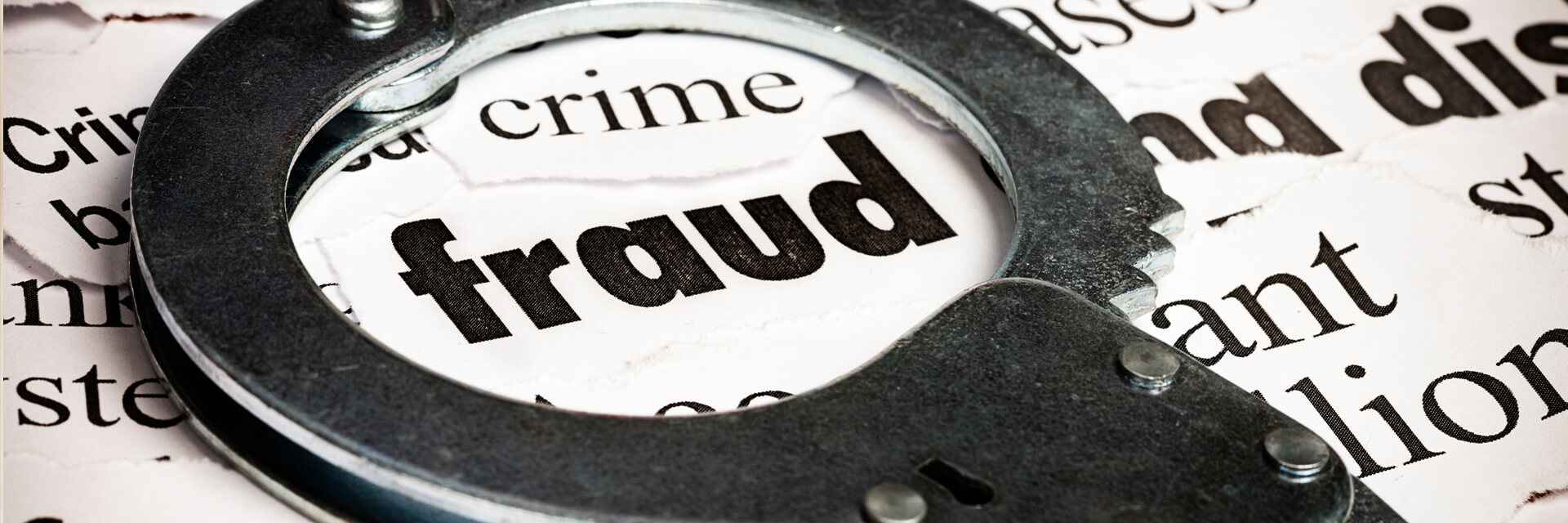
Protect Yourself Against PPP Loan Fraud
- Published
- Mar 30, 2021
- Topics
- Share
It’s been one year since then-President Trump signed the Coronavirus Aid, Relief, and Economic Security (“CARES”) Act in response to the economic fallout of COVID-19. The $2.2 trillion stimulus package was intended to provide relief to individuals via direct $1,200 payments, an increase in unemployment benefits, and assistance to small business via the Paycheck Protection Program (“PPP”).
The PPP allowed small businesses to apply for low-interest private loans to pay for their payrolls and certain other costs such as rent, loan interest and utilities. To qualify for this loan, the business had to meet a number of eligibility requirements and submit a PPP loan application to an eligible lender. This application required the business to make certain assertions, acknowledge the rules of the program, and provide information such as its average monthly payroll expense and number of employees. Once the application was processed and approved, the participating lender would provide the Small Business Administration-backed funds to the business. The most attractive feature of this program (and one that has made it a target for fraudsters) is the forgiveness of the loan in its entirety if the proceeds were spent on the aforementioned expenses in accordance with program rules.
In the year since this program was launched, more than 100 defendants now stand accused of PPP fraud. The amounts of the alleged frauds range from $10,000 to $24 million.
The alleged violations generally fall into one of three categories: (1) fraud in the attainment of funds; (2) fraud due to the misuse of proceeds; and (3) fraud in the forgiveness application. Here are a few examples:
- Applications submitted for businesses that do not exist or are no longer in operation.
- Applications submitted that contained false information, misleading statements and glaring omissions.
- Applicants who grossly overstated the number of company employees or payroll.
- Applicants who submitted false and misleading documents regarding the companies' business operations and payroll expenses.
- Recipients who spent the majority of the loan proceeds on clothes, jewelry and other luxury items.
- Recipients transferring the loan proceeds to other individuals overseas.
- Recipients transferring loan proceeds to another company under their control.
Due to the pressing need, the CARES Act and its various programs may have been implemented with ambiguities that PPP and EIDL applicants had to maneuver. Even those who were attempting to act in good faith may have treaded into interpretations that are potentially problematic.
If you feel your organization was, in some way, the victim of a PPP-related fraud or wrongly accused of such, contact your trusted business advisor as soon as possible. Your expert should be well-versed in the loan and grant provisions of the CARES Act under which PPP and COVID-19-related Economic Injury Disaster Loans were made available.
A capable advisor can help you retrospectively assess the strength of the documents underlying their original applications, demonstrate the proper use of loan proceeds, support your loan forgiveness initiatives, and spearhead any tax controversy activities.
What's on Your Mind?
Start a conversation with Michael
Receive the latest business insights, analysis, and perspectives from EisnerAmper professionals.












